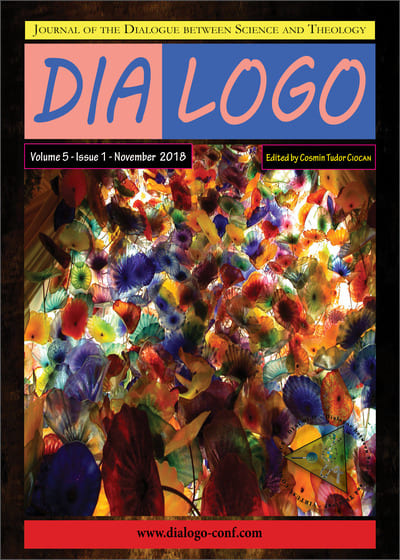Situational Lies
Situational Lies
Developing Liar Behavior in School
Author(s): Luminita Mihaela Sandu, Kristive Viorica IspasSubject(s): Psychology, Sociology
Published by: Dialogo Publishing House SRL
Keywords: lie; situation; deviant behavior; school;
Summary/Abstract: Of the most frequent negative traits in children, preadolescents and adolescents, psychological and educational research has mainly studied the lie, whims, stubbornness, negativity, shyness and so forth, highlighting their causes and ways of combating them. Over time, the advances in science and technology have been viewed with skepticism, and the inventors have had to overcome different obstacles to impose their ideas. The discovery of the lie has haunted people since ancient times and motivated them in their research to develop an apparatus to help to discover simulated behavior. Lying is an aspect of communication less investigated, but this phenomenon should not be ignored as long as it exists, and we do not find it only at adults, but also at the children. The negative character traits behind the lie are the effect of wrong education in the family, kindergarten, school, because the lie arises for a variety of reasons, some with conscious intention, others without conscious intention. Lying means, by definition, deceiving, but not all forms of deception mean lies; the language of lies is often complicated and confusing, depending on the nature of the subject itself. From a religious point of view, sincerity or veracity is a virtue, a virtue that consists in acting and speaking according to what we are thinking, avoiding lying and duplicity, because falsifying the truth makes the inter-human interaction in society disruptive as it destroys mutual trust among people and conducts to the removal of others and of God.
Journal: Dialogo
- Issue Year: 5/2018
- Issue No: 1
- Page Range: 50-57
- Page Count: 8
- Language: English

